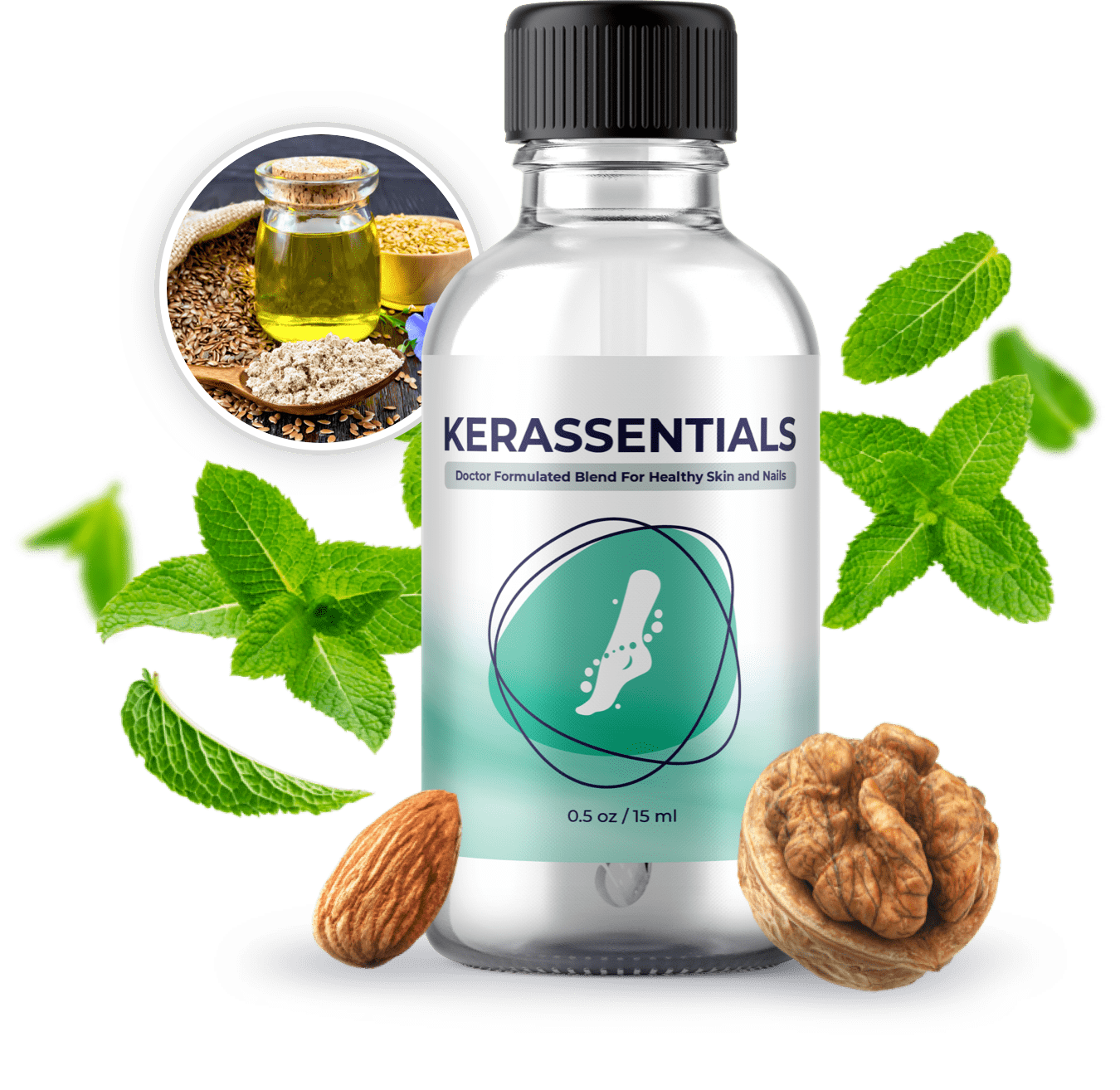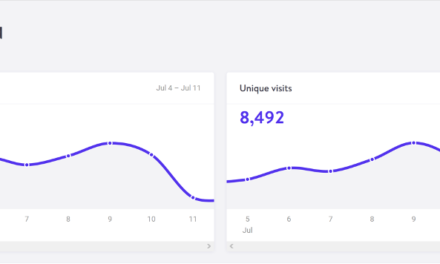Durable luxury at its finest.
The gut microbiome might be at the epicenter of health, but the vaginal microbiome is important, too. If this is the first you’ve heard of the ecosystem down below, it’s about time you got acquainted.
“The vaginal microbiome is a set of microbes that live in symbiosis with folks in their vagina,” explains Jacques Ravel, PhD, a professor of microbiology and immunology and the acting director of the Institute for Genome Sciences at University of Maryland-Baltimore.
FYI, the vaginal microbiome includes the sum total of microorganisms living outside the genital area as well as within the lower genital tract, primarily in the vagina and cervix. It’s no secret that a balanced diet supports a healthy gut, but do your food choices affect your vaginal microflora, too? Here’s what the science says about eating for health below the belt.
But first, why is a healthy vaginal microbiome important?
Dysbiosis—which refers to an imbalance between beneficial and disease-causing microbes—isn’t limited to the gut.
When the delicate balance of microorganisms in the vagina tips, you’re more susceptible to uncomfy yet common conditions, like bacterial vaginosis (BV). Cue the pesky itch and, erm, fishy odor down below.
Disruptions in the vaginal microbiome have also been associated with pelvic pain, UTIs, sexually transmitted infections (STIs), preterm births, and even fertility struggles.
What impacts the vaginal microbiome?
Medications, age, and sexual practices can all influence the makeup of microbes in your vagina. Hormonal shifts during certain life stages, like pregnancy and menopause, can also influence the vaginal microbiome. When hormone levels change, so too can the pH of the vagina. Quick biology refresher: pH refers to how basic or acidic something is.
Unlike in the digestive tract where greater microbial diversity is preferred, “in the vagina it’s the opposite,” Ravel says. “In optimal conditions, the vagina is dominated by a few select species of Lactobacilli, including L. crispatus.”
Lactobacilli bacteria typically produce lactic acid, which keeps the vaginal environment acidic. That may sound weird, but it’s actually key. “Acidity is antimicrobial and prevents colonization by microbes that are undesirable in the vagina,” Dr. Ravel says.
When vaginal Lactobacilli are outnumbered by other bugs and the vagina is less acidic, you’re more prone to infection. That may be part of the reason why people with higher levels of L. crispatus in their vaginas seem to be less prone to infections like BV and HIV.
What are the best foods for the vaginal microbiome?
People with vaginas are notoriously left out of science, so it’s not shocking there’s a dearth of research on the foods that support a balanced vagina. Still, we have reason to believe that diet impacts the less-discussed microbiome. Here’s why.
Gut-friendly foods = vaginal health-friendly foods
“Just like you have a gut-brain axis, you have a gut-vagina axis,” Dr. Ravel says. While bacteria from your gut are unlikely to colonize the vagina, nutrients that support the gut tend to be vag-friendly, too.
“The one macronutrient that comes up again and again is fiber,” Dr. Ravel says. Eating more fiber drives greater microbial diversity in the GI tract—and less dysbiosis in the gut seems to correlate with less dysbiosis in the vagina. For example, preliminary studies have shown that oral probiotics can help women with BV.
“This indicates that oral probiotics can potentially improve the makeup of the gut microbiome or the strength of the gut barrier,” Dr. Ravel says. “A tighter barrier means less [microbial] leakage into the blood and less systemic inflammation,” both of which *may* minimize imbalances down below.
Pass the kimchi, please.
High nutrient density foods
A diet packed with vitamins and minerals will be your vaginal microbiome’s BFF.
Studies show that consuming insufficient amounts of micronutrients, like vitamins A, C, E, and D, as well as beta-carotene, folate, and calcium, may increase one’s risk of BV.
The best way to max out on micronutrients for your vaginal microbiome is to heed the annoying-but-important advice to ‘eat the rainbow.’ Add a wide variety of vibrant plant foods and protein sources to your plate for ample fiber, vitamins, and minerals.
FAQs
What about cranberry for UTIs?
If you’re prone to UTIs, consider unsweetened cranberry juice or a cranberry supplement. According to the Food and Drug Administration, there isn’t enough data to support the claim that cranberry prevents UTIs, but the tart ingredient does seem to help some women.
Cranberries are acidic, rich in vitamin C, and contain proanthocyanidins, antioxidants that may prevent bacteria like E. Coli from latching onto the walls of the urinary tract, where it can cause infection.
According to Dr. Ravel, it’s unclear if and how cranberry products prevent UTIs, but they also come with little risk: “If it works for you, keep on using it. If it doesn’t, then stop,” he says. Simple as that.
Can eating high-glycemic foods and excess added sugars cause yeast infections?
We’d never tell you to cut out cookies, but if you’re a serious sweet tooth who struggles with recurring BV or yeast infections, you may want to rein in the treats.
Consuming excessive amounts of added sugar can worsen blood glucose control and weaken the immune system over time. Compromised immune function increases your risk of all kinds of infections, including vaginal yeast infections. (Case in point: Research shows that women with diabetes are no strangers to recurring yeast infections.)
It’s entirely normal for Candida, a group of fungi that can cause yeast infections, to hang out in the body. But when there’s an overgrowth of Candida, you’re more likely to come down with a vaginal yeast infection or thrush in the mouth. FYI, this is super common: Three out of every four women will get at least one yeast infection in their life, according to 2017 research in Virulence.
While you may have heard that carbs are a no-no if you’re prone to yeast infections, there’s not much data to support this. The main risk factors for yeast infections include a weakened immune system, antibiotic usage, and hormonal fluctuations.
As for the connection between carbohydrate intake and BV, one study did find that women who ate high-glycemic diets were more likely to get bacterial vaginosis.
The researchers posit that poor diet quality could contribute to vaginal dysbiosis, oxidative stress, and impaired immune function—all of which make folks with vaginas more prone to infections like BV.
Of course, observational studies cannot prove causation, so it’s impossible to draw conclusions about how food choices directly impact the vaginal microbiome.
Can probiotics benefit your vaginal microbiome?
Bacteria from oral probiotics aren’t able to colonize the vagina, but that doesn’t render them useless. Some people do benefit from taking oral probiotics for conditions like BV.
“These benefits may come from the effect of the oral formulation on the gut microbiome or barrier,” Dr. Ravel explains. “A tighter gut barrier means less leakage into the blood and less systemic inflammation, which may extend to the vagina.”
Probiotic suppositories that get inserted into the vagina may be even more helpful for people dealing with imbalances down below, but you should always chat with your doctor before sticking anything in your yoni.
The bottom line
There’s no question about it: “More work on this topic needs to be done,” Dr. Ravel says. “But a healthy diet should help rectify some of the underlying issues associated with [vaginal dysbiosis].”
To optimize the microbiome between your legs, eat a fiber-rich diet and consider incorporating vaginal probiotics if your doctor thinks you’re a good candidate for them.
An RD shares tips for how to eat to support your menstrual cycle:
Recommended Story For You :
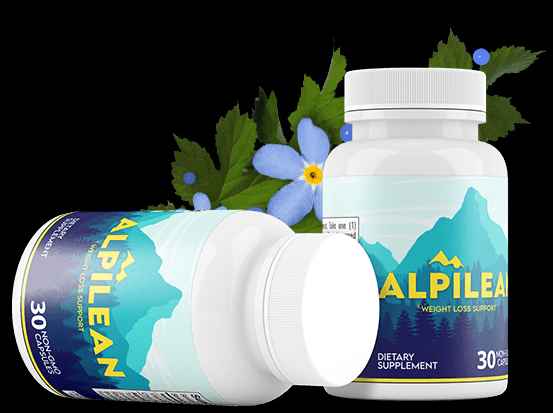
The alpine secret for healthy weight loss

The Most Potent Fast-Acting Formula For Incinerating Stubborn Fat

Real Cortexi Users Real Life‑Changing Results
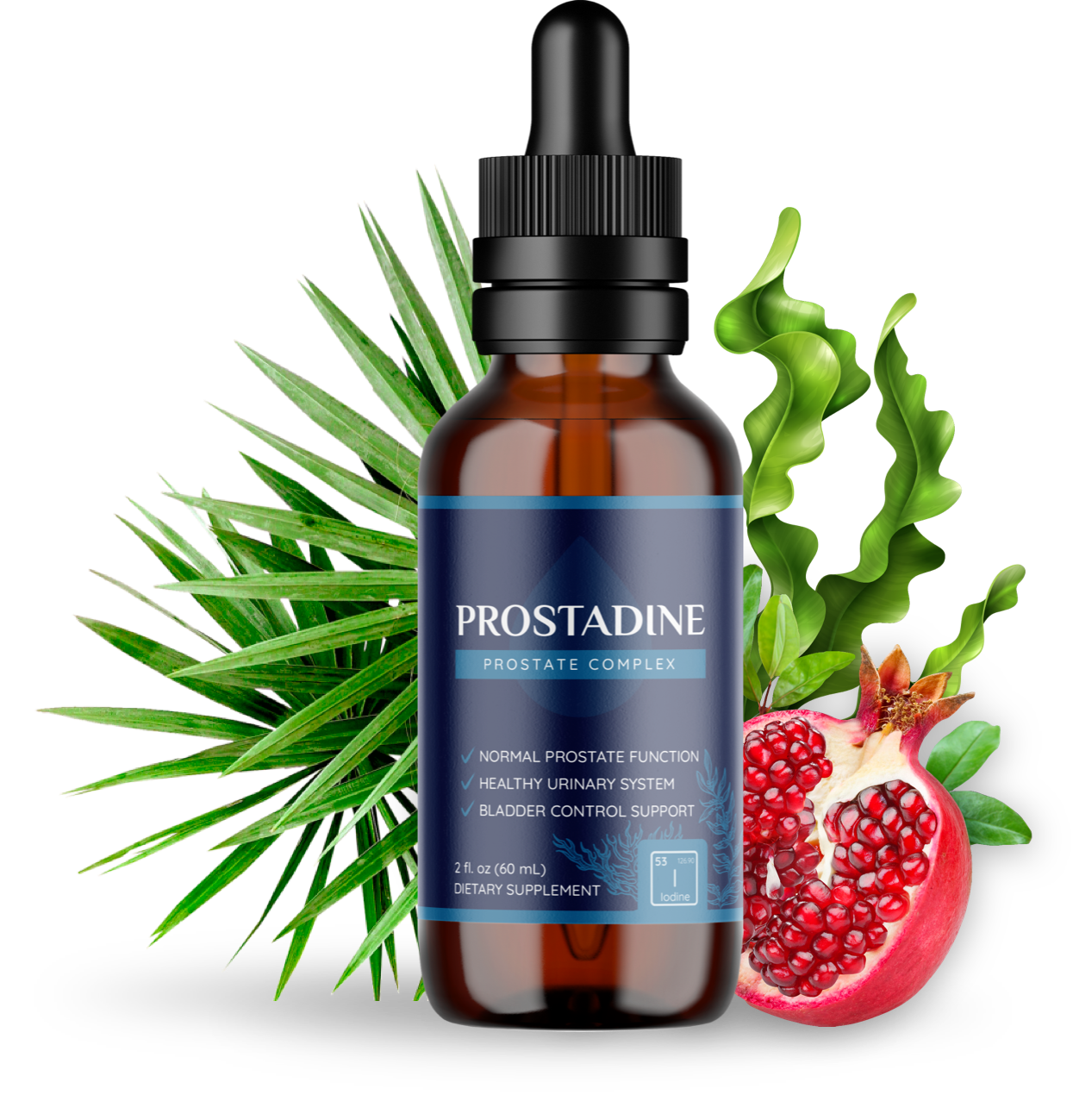
This Cold Drink Might Trigger Your Prostate
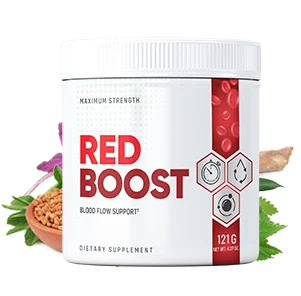
Red Boost is a powerful new formula for boosting male sexual health.
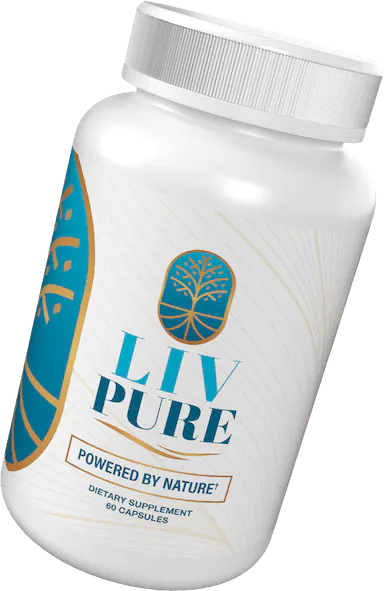
Everything you eat or drink eventually reaches your liver for processing.

Brand New Probiotics Specially Designed For The Health Of Your Teeth And Gums

Empowering You to Take Control of Your Blood Sugar Health!

Scientists Finally Discover the Root Cause of Belly Fat and Unexplained Weight Gain
